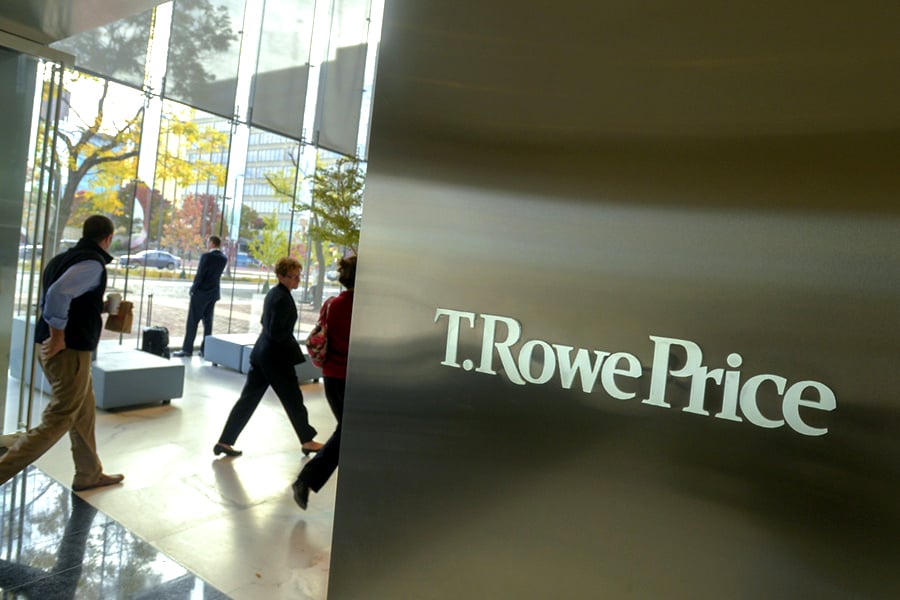

T. Rowe Price Group, which already uses the services of FIS, plans to turn over the management of its retirement technology development and core operations of its record-keeping business to FIS effective Aug. 1.
“Deepening the partnership follows an extensive strategic review of the business and will allow T. Rowe Price to continue providing quality services, further increase operational efficiency, and enhance delivery of innovative retirement solutions for plan sponsors and participants while strengthening the firm's position in the industry," the company said in a release.
According to the release, FIS' technology platform serves 50 million retirement plan participants and more than $3 trillion in assets.
As a result of the shift, about 800 T. Rowe Price operations and technology associates are being offered the same roles with FIS that they have currently. The transitioning associates will remain in the current Owings Mills, Maryland, and Colorado Springs, Colorado, facilities and continue to serve the T. Rowe Price account and clients, the company said.
The company stressed there would be no disruption to plan sponsors or participants because it already uses FIS' record-keeping platform and there will be no conversion or transition for any clients.

The leadership changes coming in June, which also include wealth management and digital unit heads, come as the firm pushes to offer more comprehensive services.

Strategist sees relatively little risk of the university losing its tax-exempt status, which could pose opportunity for investors with a "longer time horizon."

As the next generation of investors take their turn, advisors have to strike a fine balance between embracing new technology and building human connections.

IFG works with 550 producing advisors and generates about $325 million in annual revenue, said Dave Fischer, the company's co-founder and chief marketing officer.

Five new RIAs are joining the industry coalition promoting firm-level impact across workforce, client, community and environmental goals.
RIAs face rising regulatory pressure in 2025. Forward-looking firms are responding with embedded technology, not more paperwork.
As inheritances are set to reshape client portfolios and next-gen heirs demand digital-first experiences, firms are retooling their wealth tech stacks and succession models in real time.
